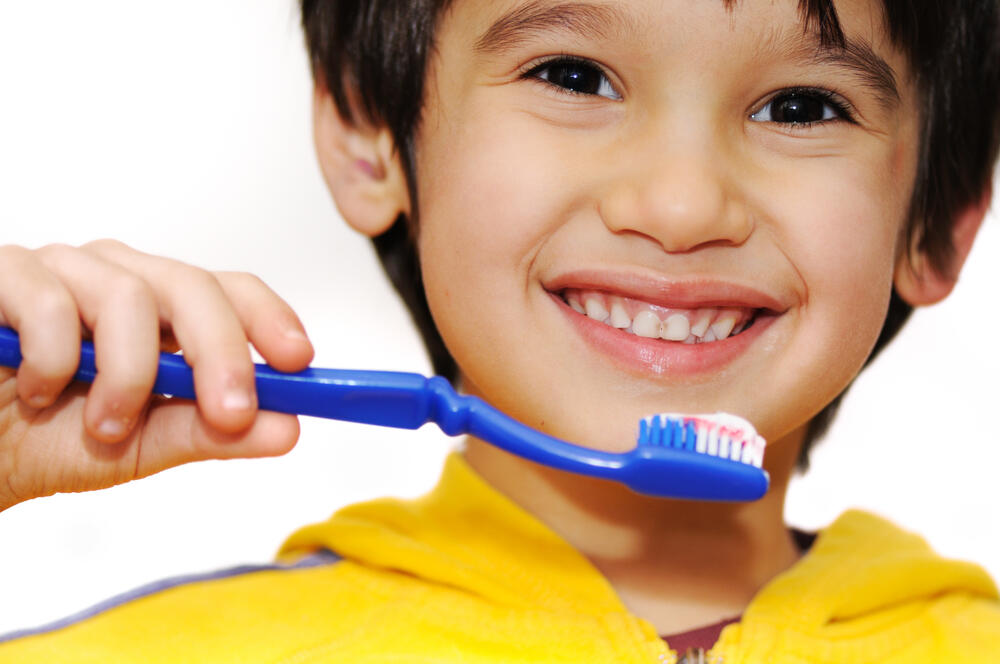Dental treatment for children ensures that their primary teeth remain healthy and free of decay and other dental problems. Oral hygiene should begin as early as infancy. Whether you’re breastfeeding or bottle-feeding, you should start a dental hygiene routine as soon as feasible.
Though a child’s health fluctuates with time and particular issues may arise from time to time, it pays to be proactive in ensuring your child’s health. Here are a few of the measures a good parent may take daily, starting at birth and continuing until age 18 (and for some children, even beyond).
Parents and Pediatric Hygiene
Visiting the Pediatric Dentistry Indianapolis IN teaches youngsters skills for preventing tooth decay. Developing such oral health care practices is beneficial for both general dental cleanliness and tooth decay prevention. Dentists for children can also discover cavities before they become serious.
It is inadequate for parents to undertake the bare minimum for their child’s oral health. Instead, parents go above and above to ensure that their kids establish excellent oral habits at an early age. Teaching your children about personal hygiene can help them maintain their bodies clean and disease-free. It also aids in the prevention of their transferring germs to others.
It might be difficult to educate a child to practice appropriate dental hygiene, particularly if they are reluctant. The good news is that as Pediatric Dentist Indianapolis IN, we have the knowledge and experience to not only maintain children’s teeth healthy but also to assist you, as a parent or guardian, in educating your child on proper dental hygiene. Your child will be able to create a solid home care routine that supports lifetime dental health with the appropriate tactics.
Start Taking Care of Pediatric Hygiene from the Childhood
As soon as the first tooth comes through the gums, parents should begin cleaning their baby’s teeth and gums with a soft toothbrush. By the age of three, children can clean their teeth with a lot of support from caregivers. Playing a two-minute song while brushing or even using a timer will help your children brush for longer periods. This will educate them on how long to brush for and will help them get used to the activity. Flossing is another vital component of oral health, but since it is more difficult to learn than brushing, parents may have to help their children floss until they are old enough to do so on their own.
Brushing and flossing should be done properly. Brushing the teeth effectively requires a gentle circular technique and a light touch, as well as committing to brushing for at least 2 minutes. Wrap the dental floss around the fingers, on the other hand, to floss correctly. Then, carefully slide the dental floss in a C shape along with each tooth. Finally, go up and down the gum line with the dental floss.
Make Oral Care Practices Fun for Your Child
Make things enjoyable. Flossing and brushing your child’s teeth don’t have to be bothering them. Brushing and flossing may be made more enjoyable by making it into a game, encouraging a youngster to imitate the parent’s movements, playing music, and so on.
Dental Health Education
Dental health education has been regarded as an essential aspect of dental health care throughout the majority of this century. Individuals and groups have received it in places including dentistry practice schools, Kids Dentist Indianapolis IN, Children Dental Indianapolis IN, the workplace, and day-care and residential settings for the elderly.
Bacteria are generally held in check mostly by the body’s defenses and good dental hygiene, such as brushing and flossing regularly. Germs may build-up to the point where they caused oral ailments like tooth decay and gum disease if you don’t practice good dental care.
Preventative pediatric dentistry strives to keep plaque accumulation, gum disease, and tooth decay at bay before more severe procedures are required. You are safeguarding your kid in a manner that has good consequences across his or her whole body by avoiding issues from ever occurring.
Your child’s mouth, like the rest of their body, is brimming with bacteria, most of which are safe. Some of these bacteria, however, may cause sickness since the mouth is the doorway to the digestive and respiratory systems. If you often skip out on all or part of required oral care chores such as brushing, flossing, and attending preventative appointments, your kid may suffer from tooth decay, gum disease, bad breath, tooth loss, and perhaps other health issues.
Effects of Neglecting Pediatric Care
When oral health is neglected, your child’s risk of heart disease rises drastically. Brushing and flossing your teeth should just take a few minutes each day. Kids who skip brushing and flossing may be more prone to cavities, tooth decay, and other oral health problems, as well as a higher risk of gum disease, which may lead to cancer down the road. Diabetes weakens your body’s resistance to infection, putting your gums at risk. Diabetes patients tend to have a higher incidence and severity of gum disease.
Dental issues may have a negative impact on your child’s schooling and future performance. Even though children might have colds, the flu, and other diseases throughout the school year, oral health issues can cause them to miss school.
Gum disease patients had a tougher difficulty maintaining their blood sugar levels, according to research. Diabetes management may be improved with regular periodontal treatment. Oral diseases and infections cause both short and long-term physical discomfort. Oral illness is characterized by pain, infection, and tooth loss, as well as difficulty swallowing, eating, and talking, and also disruptions in sleeping and productivity.
Conclusion
In terms of their children’s dental health, parents seemed to have limited awareness and behaviors. To raise parental knowledge about oral hygiene habits, food, and feeding practices, and to encourage early preventative visits to the dentist, a coordinated effort by health experts, including pediatricians and pediatric dentists, is essential. Literature is scarce on the issue. Hand hygiene promotion by parents should be researched further as a possible intervention for improving patient safety in pediatric settings.



